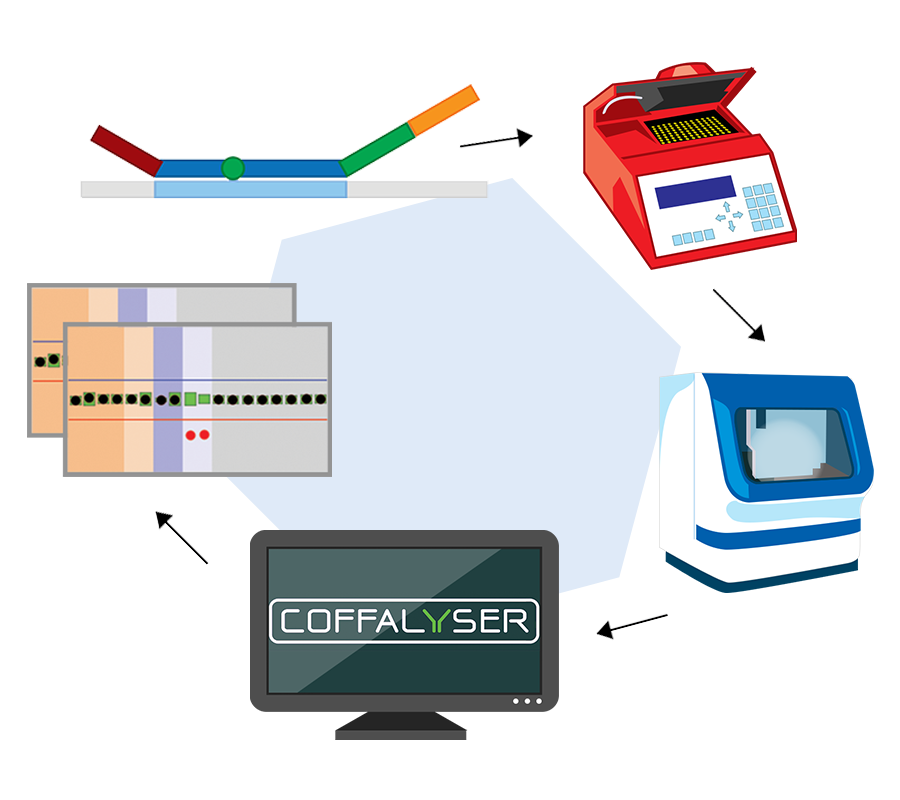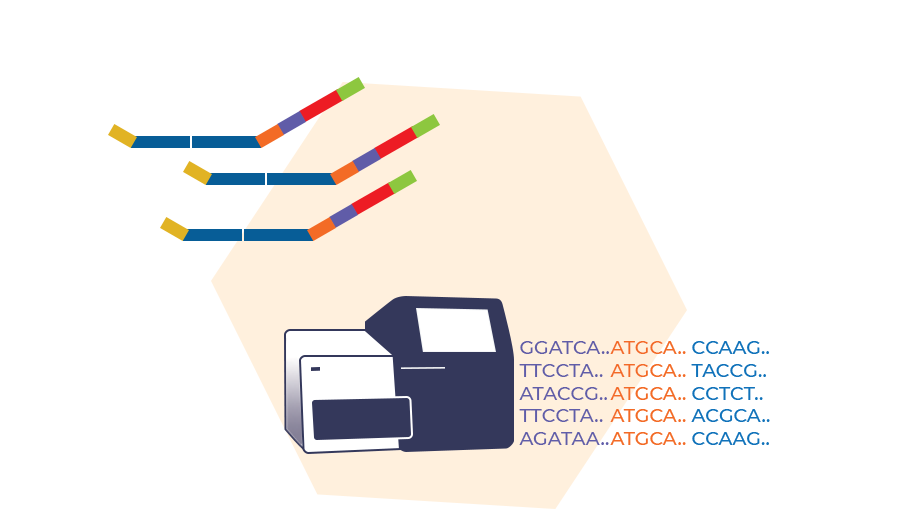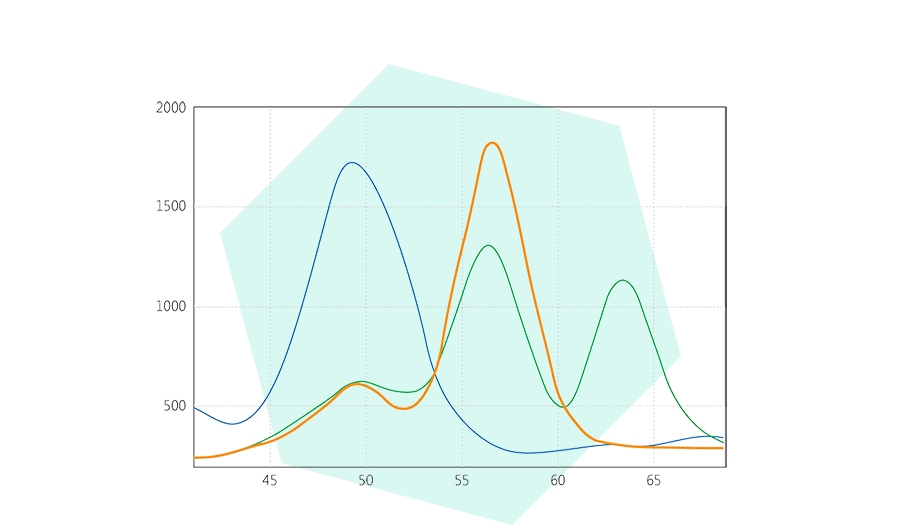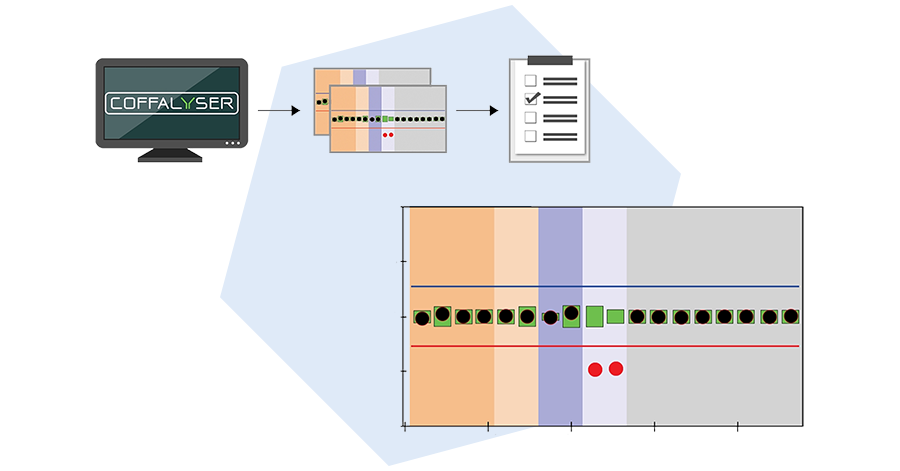LeanGene partners with MRC-Holland to deliver MLPA products; the gold standard in copy number variation detection.
MLPA® (Multiplex Ligation-dependent Probe Amplification) is the go-to technique for studying gene copy number variations (CNVs) associated with disease. Laboratories worldwide rely on MLPA for the diagnosis and research of genetic disorders and tumours. The power of the technique lies in its versatility: MLPA can be used to detect copy number changes in anything from complete chromosomes to single exons. MLPA is also used to detect DNA methylation changes and is sensitive enough to discriminate aberrations in disease-causing genes from highly similar pseudogenes. MLPA has become the gold standard in copy number variation detection, with over 350 probemixes on the market. MRC-Holland's MLPA technique is the gold standard in this field, and is used around the world to study hereditary disorders and tumours.
Why MLPA?
CNVs play a role in hundreds of genetic disorders, and MLPA assays exist for even the rarest of them. Laboratories around the world use MLPA to ensure that deletions and duplications are adequately recognised. For disorders where CNVs make up the majority of mutations, MLPA is used as a first-line test. The same applies to disorders in which genetic analysis is complicated by pseudogenes: here, MLPA is used for its exceptional sensitivity to discriminate closely related sequences. In oncogenomics, MLPA is used to study somatic CNVs to optimise tumour profiling.
The importance of copy numbers in genetic diagnostics and research
Copy number variants play a role in many genetic disorders. The fast, accurate and affordable detection of CNVs is essential for clinical genetic testing and research. MRC Holland develops tools for the detection of DNA copy numbers and methylation patterns associated with disease.
MLPA Applications
Developmental & Pediatric Disorders:
Intillictual Disabilities








